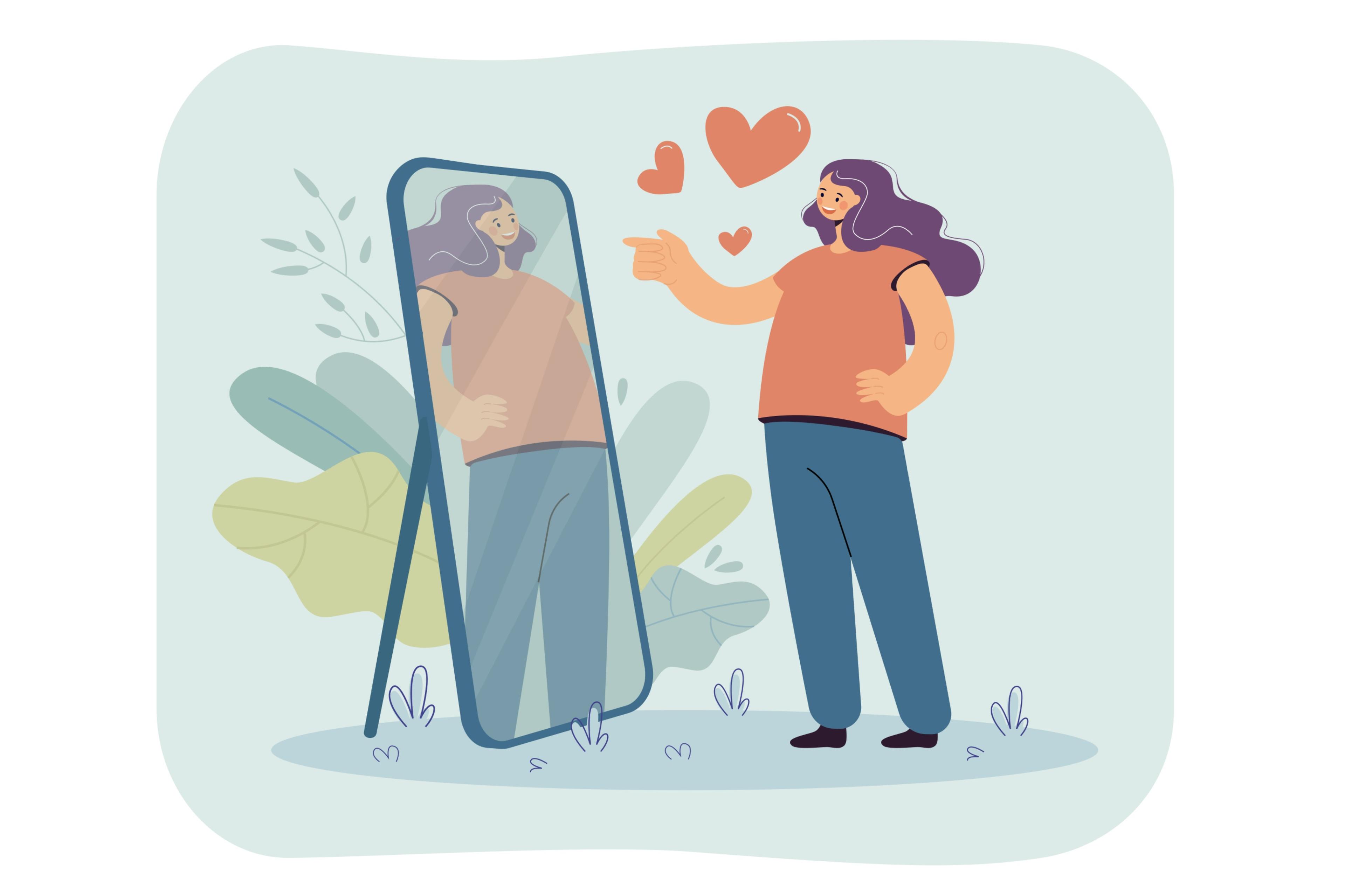In a lot of group chats now, friendship drama is narrated like a reality show. Someone tells a story, sends a screenshot, drops a TikTok link for context, and then comes the verdict in all caps: CHOPPED. Everyone reacts with laughing emojis and spicy comments, and the conversation moves on as if nothing serious has happened. For the person being talked about, it rarely feels like a joke. It feels like a door closing. The word “chopped” has become a shortcut for cutting people off, a quick label that sounds entertaining and decisive. Underneath the humour, it quietly shapes how we think about our friends, ourselves, and what it means to walk away.
Part of the appeal of calling someone “chopped” is the theater of it. It fits neatly into the culture of elimination shows, viral sounds, and video edits that turn every argument into content. The language is catchy and dramatic. Friends use it with a grin in voice notes, toss it into captions, or type it under posts that hint at someone specific without naming them. It belongs to a world where conflicts are not just experiences, they are episodes for an invisible audience. The problem is that the word rarely describes an emotion or a situation. It delivers a judgment. Instead of saying “I am hurt,” or “this crossed a line,” or “we need space,” people say “you are chopped.” The person is not someone you struggled with and might still have mixed feelings about. They become the character who got eliminated. A person turns into a role, and what they did gets flattened into who they are.
Once a label like that lands in a group, it travels faster than any honest conversation ever could. People repeat it half jokingly, reinforce it with memes, and soon “chopped” becomes the accepted story about that friend. Nuance disappears. The long late night talks, small acts of care, shared jokes, and complicated history vanish behind one word. Conflict that could have been explored becomes a simple headline that is easy to repeat and hard to challenge. It feels powerful to declare someone out. It also trains everyone who hears it to think in terms of winners and losers instead of flawed people trying to figure things out.
The internet loves this dynamic because it turns conflict into content. “Chopped” is perfect for short form videos and text posts. It fits neatly as a soundbite or caption, something strangers can enjoy without knowing the full story. Viewed from the outside, it looks entertaining and satisfying. Someone did something, and now there is a clear response. There is no space for emotional mess, only the satisfaction of closure. Yet real friendships do not work like structured seasons. They have quiet stretches, unresolved issues, awkward silences, and imperfect apologies. They contain confusion as well as certainty. When we frame them using words designed for shows and clips, we lose the messy middle ordinary relationships live in. We skip straight to final judgment, even when the situation does not truly call for one.
This habit slowly normalizes the idea that friendships are disposable. Reality shows need eliminations to stay interesting. Our real lives do not. When people start saying “chopped” casually, it sends a message that anyone can be cut off cleanly and publicly for one mistake, one bad moment, or one disagreement. It creates a feeling that every social circle is a game where you are either comfortably in or dangerously close to being out. The more that message circulates, the easier it becomes to treat people as replaceable. Instead of thinking “we are going through a rough patch,” the thought becomes “maybe I should chop them before they chop me.”
This attitude changes how people behave in subtle ways. Friends might begin to censor themselves because they do not want to be the next one discussed in another chat. They might laugh along when someone is being dragged, even if it makes them uncomfortable, just to signal loyalty. They might avoid hard conversations, swallow their hurt, and keep everything light because seriousness feels risky in a culture that remembers verdicts more than feelings. On the surface, the group looks fun and bonded. Underneath, there is anxiety about being judged, labelled, and discarded.
The label also makes breakups between friends more humiliating. Often, the person who has been “chopped” finds out indirectly. They are removed from a group chat without explanation. A new group forms without them. Someone slips and mentions that a whole discussion happened, ending with “yeah, she is chopped.” What might have been a painful but private drift now becomes a social verdict. The shame is doubled. They are hurt by the loss of the relationship, and also by the sense that they have been ranked and publicly rejected. Even if the word was thrown around as a joke, it carries the weight of exclusion.
For the one doing the chopping, the word often hides a different emotional reality. It can be a shield. Maybe they have been betrayed or ignored before and do not want to feel powerless again. Maybe they are trying to reclaim some control by being the first to declare the end. There is also a strong pressure online to present hurt as power. Saying “I am sad we are not friends anymore” feels exposed and raw. Saying “you are chopped” feels sharp, cool, and in control. It earns likes and approving comments far more easily than silence or vulnerability. The label allows the person to rewrite the story. Instead of sitting with grief, they frame it as a decision they made with confidence.
The cost of this framing is that it blocks repair almost completely. Not every friendship should be repaired. Some relationships are genuinely harmful, and distance is the safest choice. There are people who lie, manipulate, violate boundaries, or show no interest in changing. In those cases, cutting contact is not cruelty, it is self protection. Even so, there is a difference between quietly stepping back and turning the end into a performance. When “chopped” becomes the headline, it makes it very hard to revisit the situation with humility later. To reconsider would require admitting that the story was more complex than the label allowed, or that anger spoke louder than reflection in the moment.
As a result, friendships that might have been transformed through hard conversations are left in permanent elimination mode. Two people who could have clarified misunderstandings, agreed on new boundaries, or simply parted with mutual respect never get the chance. The label makes everything too final. It cuts off not only the connection but also the possibility of growth for both sides. Instead of learning how to handle conflict, people learn how to stage a clean exit.
Our language around friendship matters because it shapes the scripts we follow when things go wrong. The more we rely on words like “chopped,” the more we train ourselves to jump from discomfort straight into judgment. A friend let you down. Instead of naming what hurt, you imagine the reactions if you share a “chopped” post about them. Someone crossed a line. Instead of wrestling with whether they are still important to you, you ask yourself if they deserve to stay in the main cast. The vocabulary quietly pushes us toward endings that look good in screenshots instead of resolutions that feel honest but hard.
None of this means we are obligated to keep everyone in our lives or endlessly forgive people who harm us. Boundaries are essential. Choosing not to remain friends with someone can be an act of care for yourself. What this does suggest is that the way we name those choices affects not only the person we leave behind but also the person we are becoming. When we choose language that strips someone of complexity, we train ourselves to ignore our own complexity too. When we choose language that invites conversation, we leave more room for everyone involved to be human.
In the end, calling someone “chopped” is not just about them. It tells a story about what we think relationships are for. Are friends disposable characters that can be swapped out when the plot slows down, or are they flawed people we sometimes need to step away from with dignity and clarity. The label is seductive because it offers a clean break in a messy world. Yet the harm lies in how quickly that clean break turns into a habit, how easily it teaches us to decide someone’s worth in a single word.










.jpg&w=3840&q=75)



